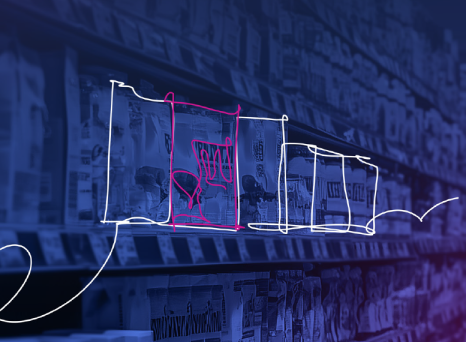Why is it so important for companies to engage in bold innovation
If you enjoyed our video of Dr Robert Cooper on Innovation and the Future of Stage-Gate, then watch the rest of the interview where he discusses growing a fertile innovation culture, when to start using Stage-Gate and the role of voice-of-customer in the new development process.



